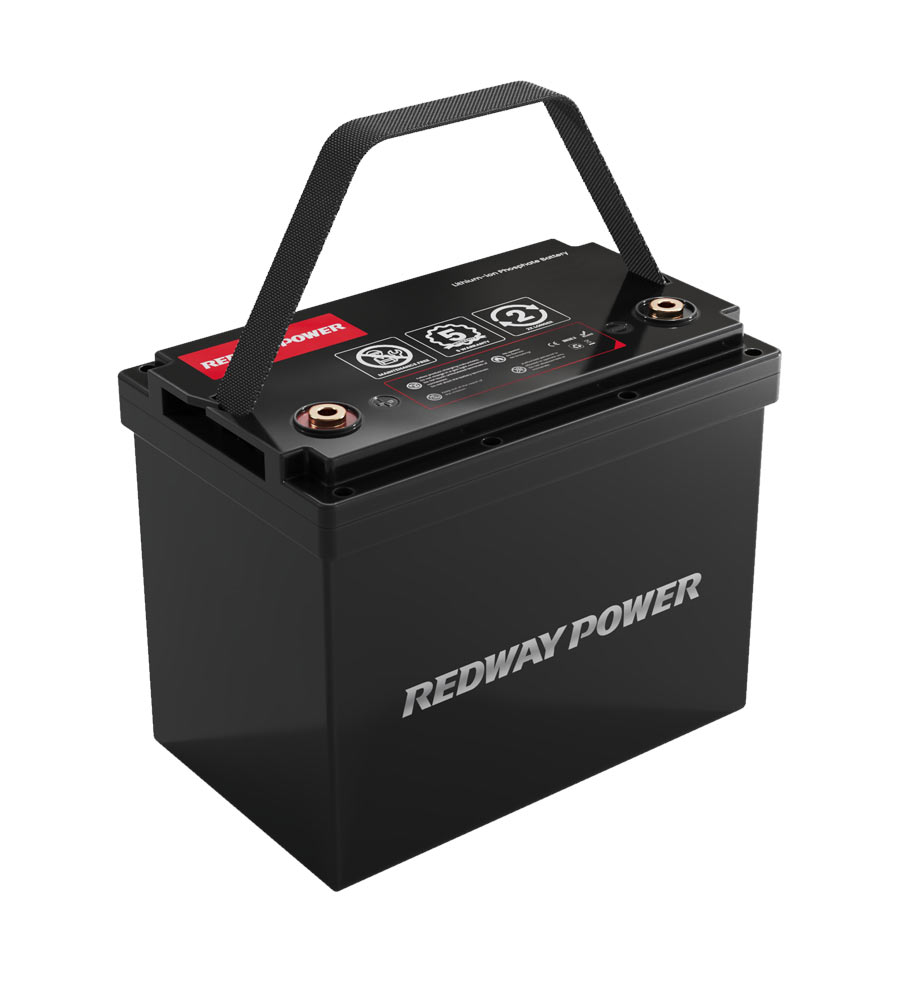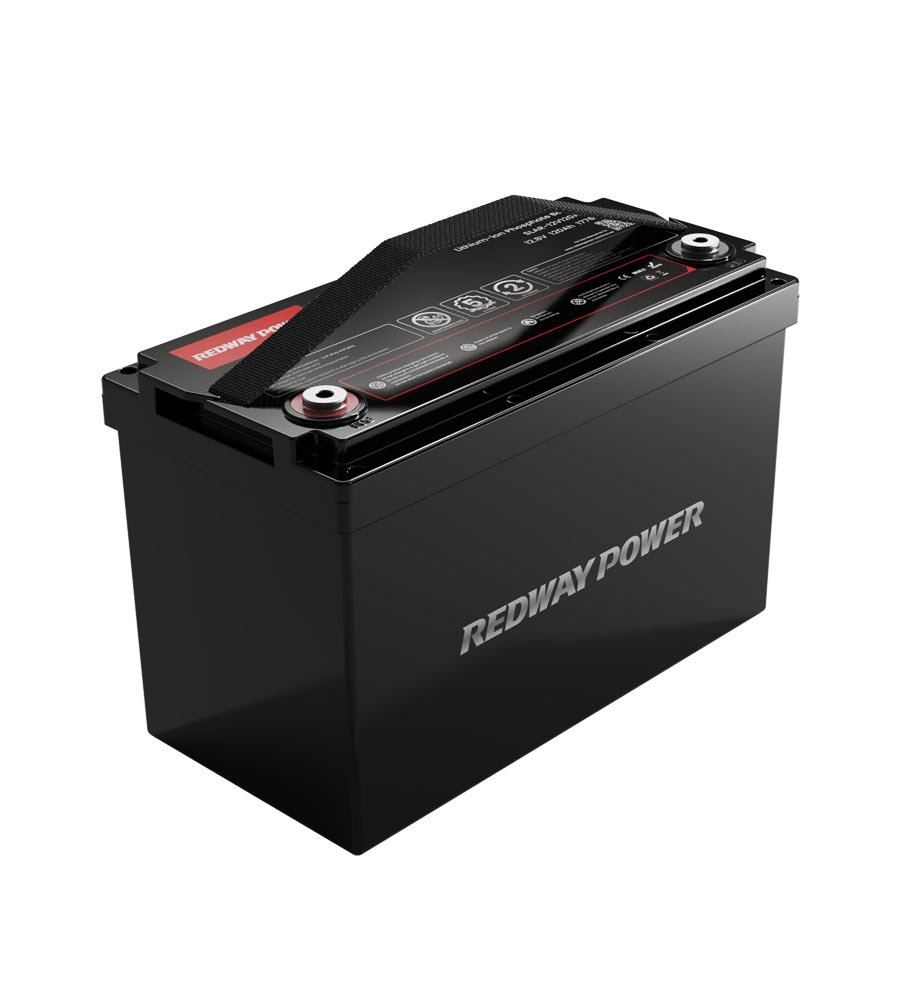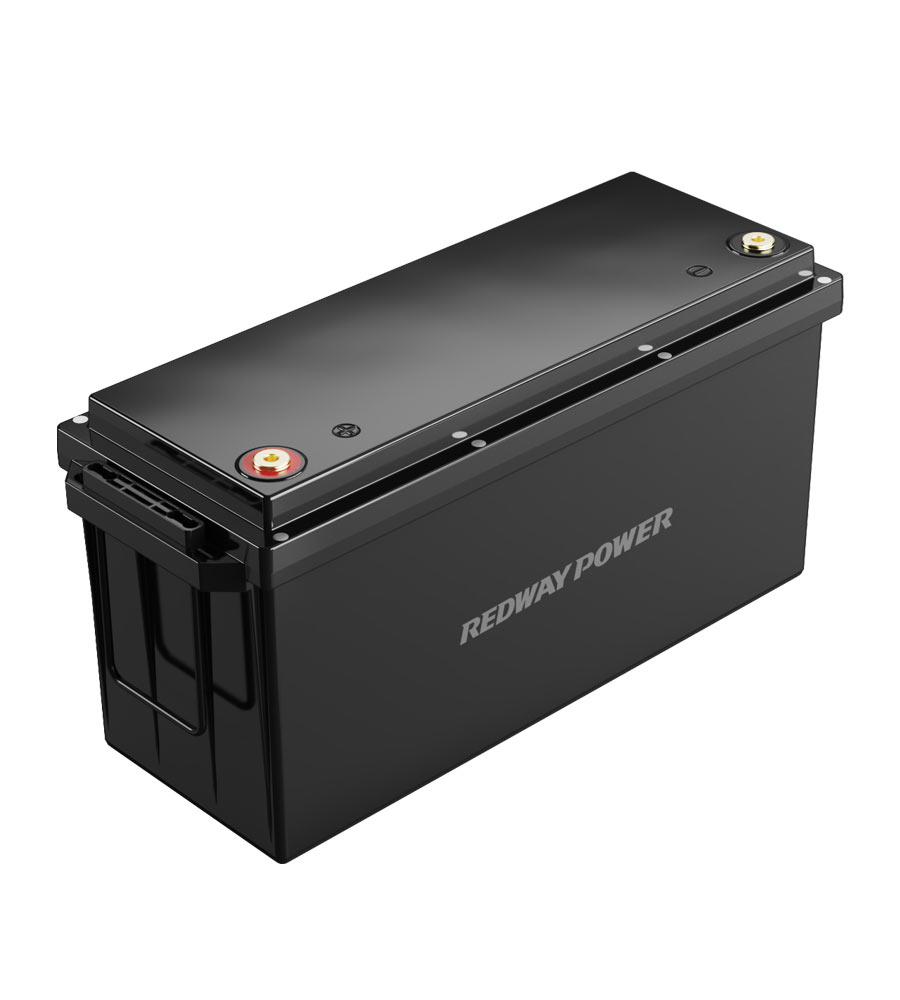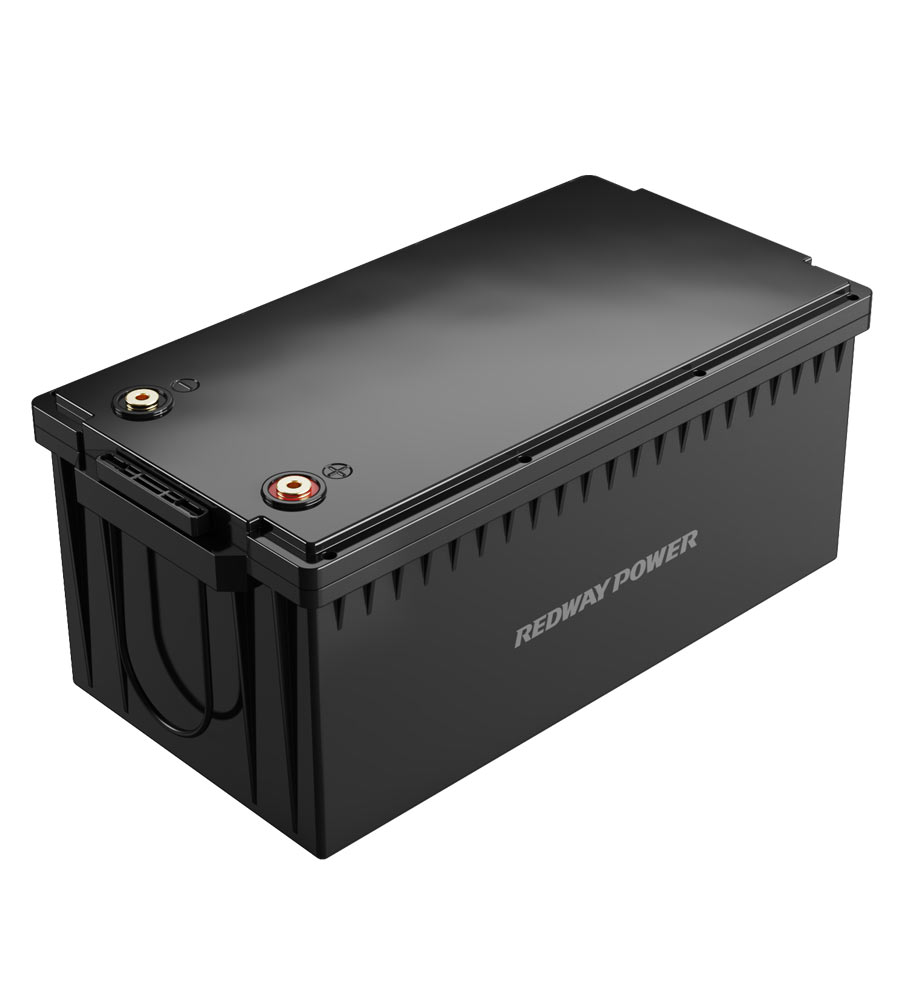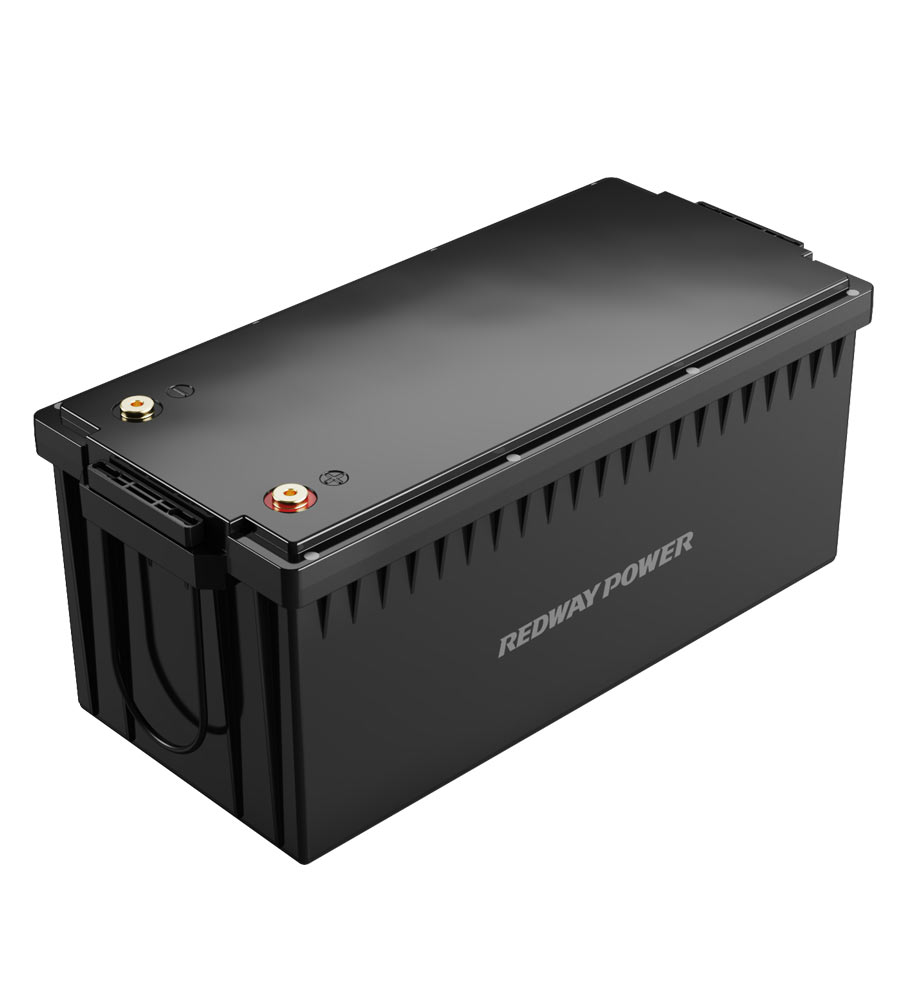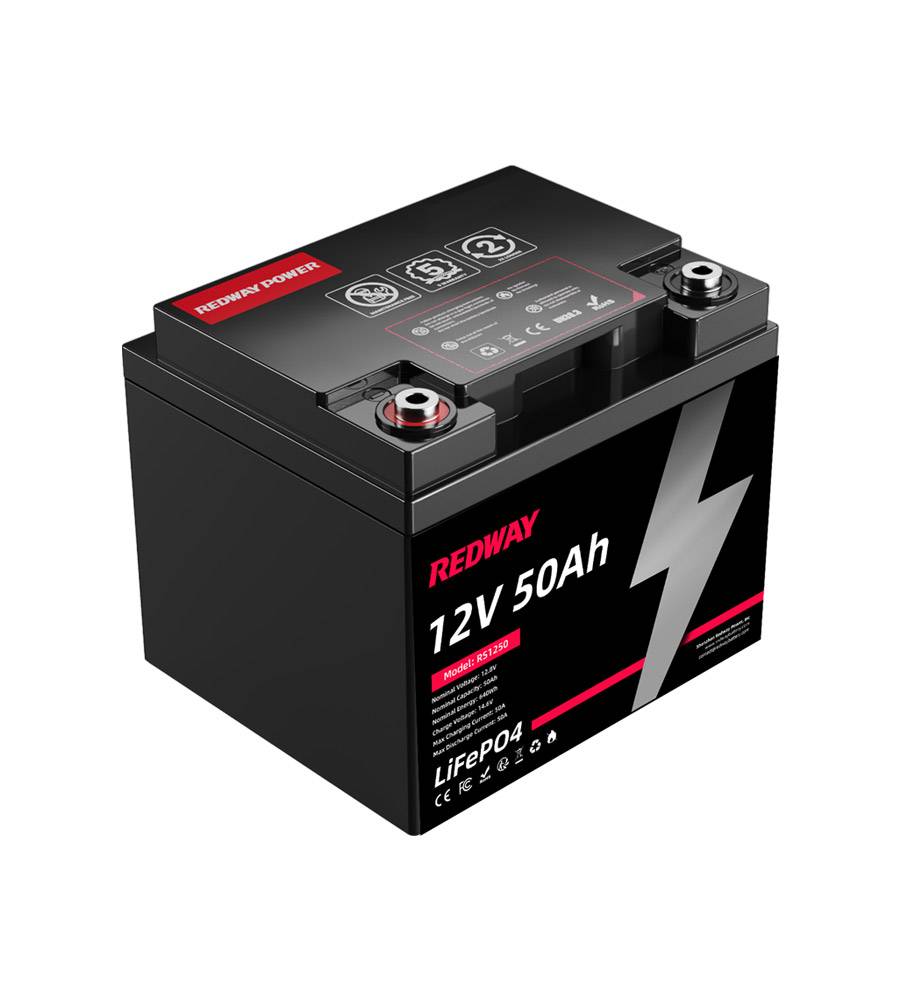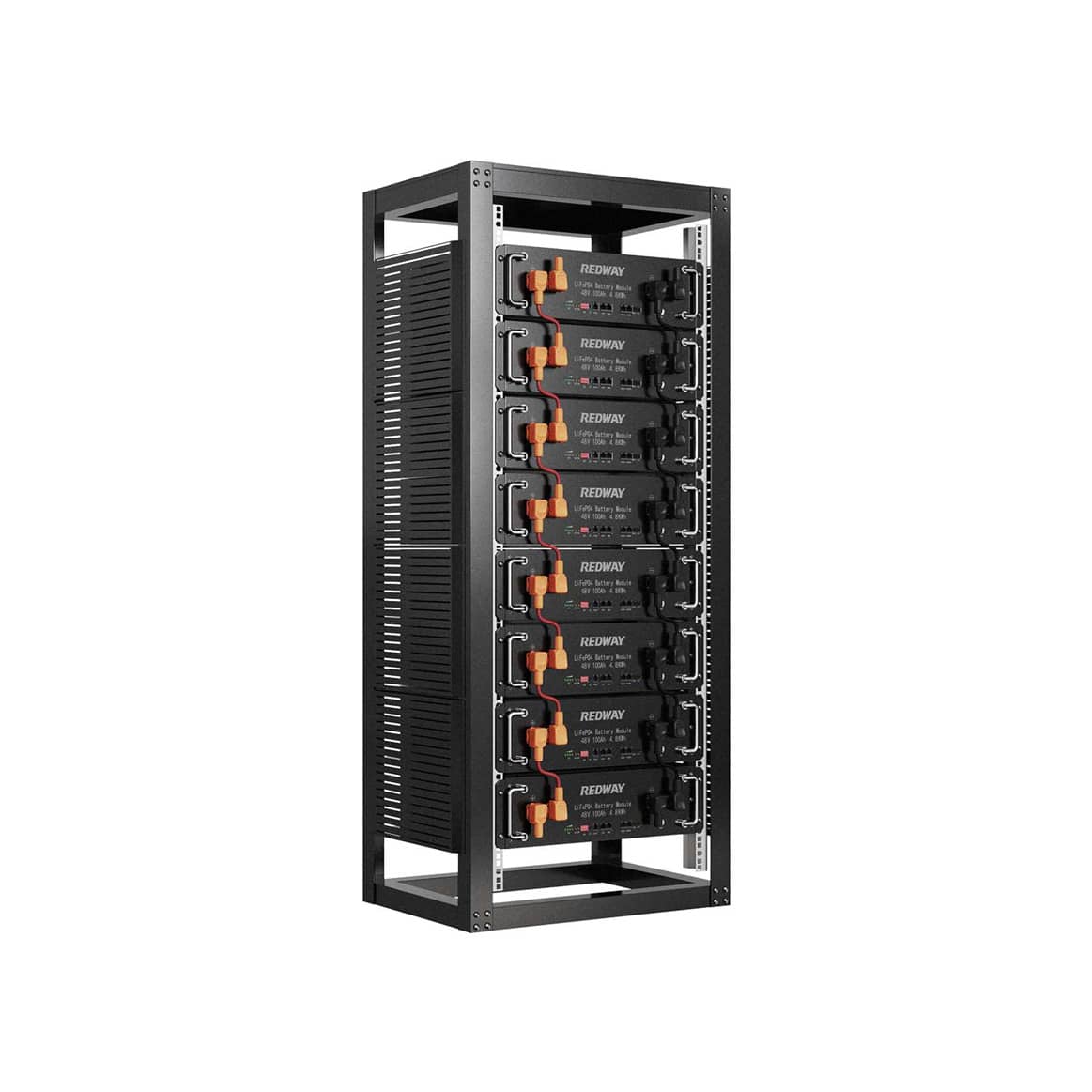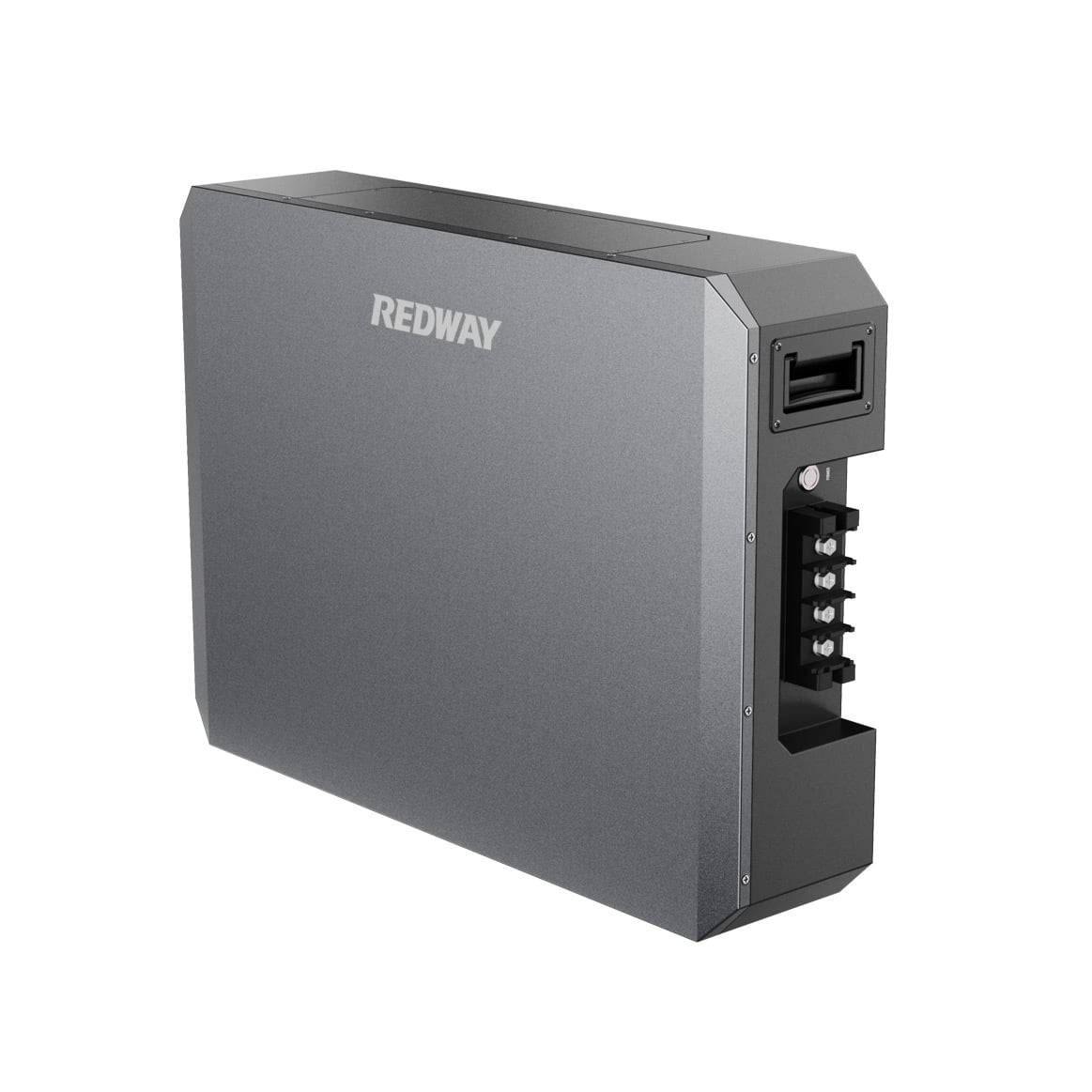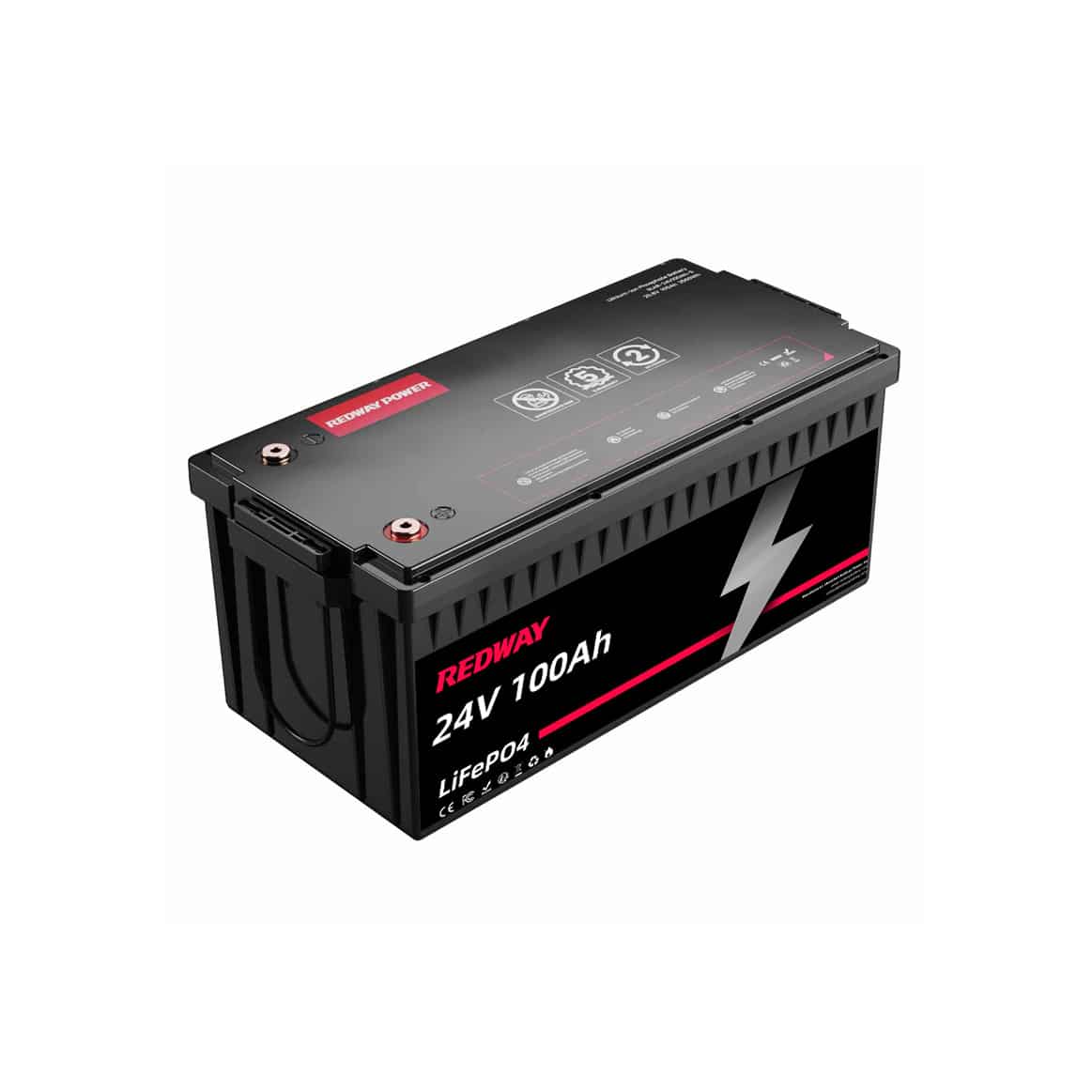
Wholesale Lithium Marine Batteries, Redway - The Ultimate Solutions
Learn more about how we can work together to provide LiFePO4 Marine Batteries at wholesale prices.
It has taken us over 12 years to figure out what makes LiFePO4 Marine Batteries so profitable. Learn more about LiFePO4 Marine Batteries: their benefits, categories, product line, craftsmanship, and so much more by clicking the button below!
Check Our Catalogue for 4000 Times Deep Cycles Lithium Marin Boat Batteries (80% DOD 0.5C / 0.5C)
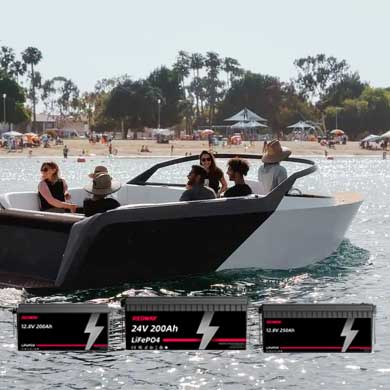
Why Choose Us?
-
The highest quality batteries designed.
-
Lead-acid batteries can be replaced.
-
High level manufacturing equipment.
-
Strong OEM/ODM production ability.
-
We are socially responsible company.
Stay in the know!
Subscribe to our newsletter and stay up to date with the latest news and resources.
LiFePO4 Marine Batteries Manufacturer, Factory, OEM In China

Wholesale LiFePO4 Marine Batteries, Redway - The Ultimate Solutions
Choose Your LiFePO4 Marine Battery
Why choose Redway Battery?
- The highest quality batteries designed based on China quality standards, offering high performance, high durability, and excellent cycle life.
- Lead-acid batteries can be replaced with lithium iron phosphate, with options for custom battery packs and energy solutions.
- With state-of-the-art manufacturing equipment, we are able to deliver batteries in a timely manner to our customers.
- With outstanding after-sale support and the best battery replacement warranty, the company provides excellent customer service from enquiry to delivery.
- Strong OEM/ODM production ability and delivery to global customers directly
- Redway is a socially responsible company with community donations and green initiatives.
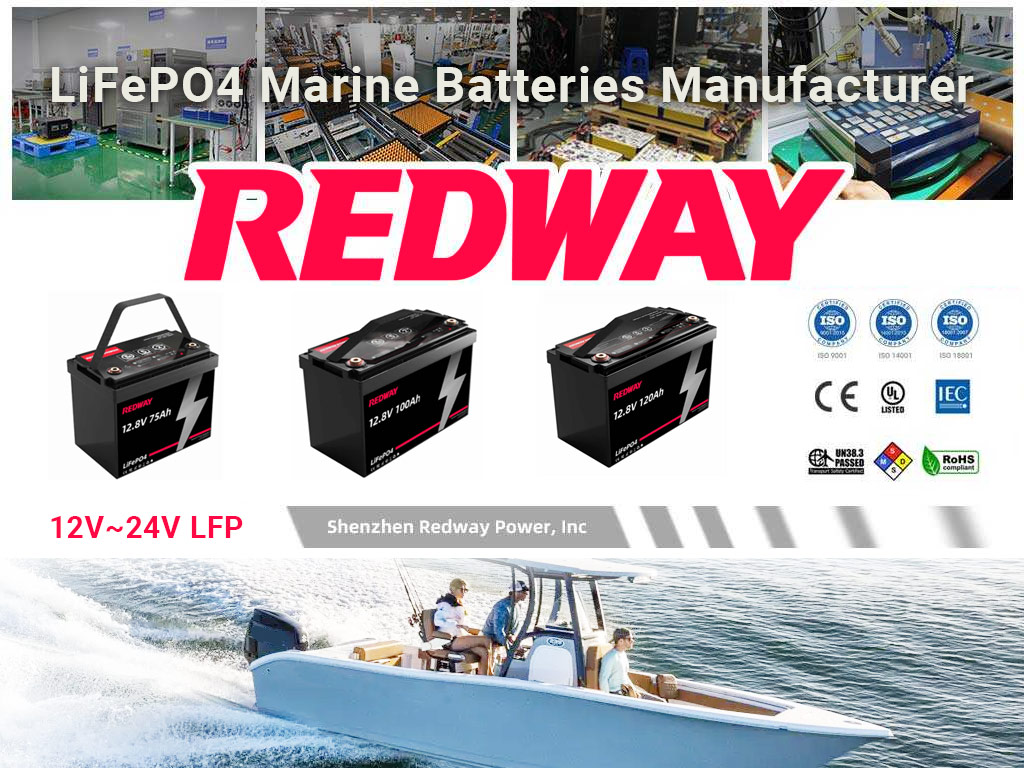
Don’t you find what you are looking for?
Certificates From Lithium Battery Manufacturer And Factory
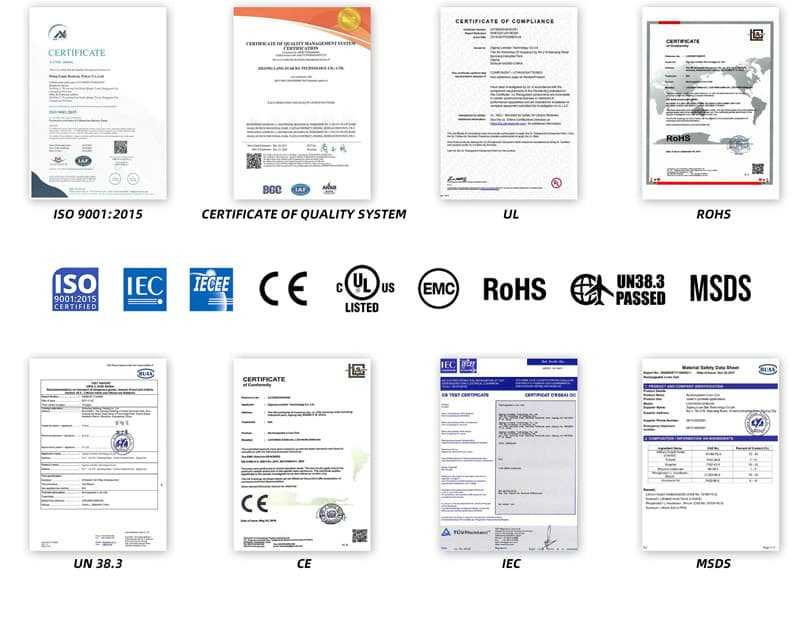
Have a Special Requirement?
Specification
Please let us know the operating voltage requirements; and if any additional functions are needed, such as 10 second discharge and 10 second charge.
Quantity
A minimum order quantity (MOQ) is not required. However, a maximum quantity will help you get a better price. The more quantity you order, the lower the price you can get.
Application
Our engineers can provide you with more suggestions under your budget if you let us know your application or details about your project.
The Ultimate Guide to LiFePO4 Marine Batteries
1. Understanding LiFePO4 Batteries
What are LiFePO4 Batteries?
LiFePO4 batteries, or lithium iron phosphate batteries, are a type of lithium-ion battery that uses lithium iron phosphate as the cathode material. They are known for their safety, long cycle life, and thermal stability, making them suitable for various applications, including electric vehicles and renewable energy storage.What is the chemical composition of LiFePO4 batteries?
LiFePO4 batteries consist of lithium iron phosphate (LiFePO4) as the cathode, graphite as the anode, and a lithium salt electrolyte. This composition provides excellent thermal stability and safety compared to other lithium-ion chemistries, making them a preferred choice for many applications.What distinguishes LiFePO4 batteries from other lithium batteries?
LiFePO4 batteries differ from other lithium batteries primarily in their chemical composition and safety features. They offer lower energy density but superior thermal stability and cycle life, making them safer and more durable for applications requiring frequent charging and discharging.
2. Benefits of LiFePO4 Batteries for Marine Applications
Why Choose LiFePO4 Batteries for Marine Applications?
LiFePO4 batteries are ideal for marine applications due to their high safety standards, resistance to thermal runaway, and long cycle life. They provide consistent power output and can operate efficiently in varying temperatures, making them suitable for challenging marine environments.Why are LiFePO4 batteries considered safer than traditional lead-acid batteries?
LiFePO4 batteries are considered safer due to their stable chemical structure that minimizes risks of thermal runaway and combustion. Unlike lead-acid batteries, they do not emit harmful gases during charging and have a lower risk of leakage or explosion.Why do boaters prefer LiFePO4 batteries over other battery types?
Boaters prefer LiFePO4 batteries for their lightweight design, longer lifespan, faster charging capabilities, and enhanced safety features. These advantages make them more efficient and reliable for powering onboard systems compared to traditional lead-acid options.
3. Installation and Maintenance
How to Install LiFePO4 Batteries on a Boat?
To install LiFePO4 batteries on a boat, ensure proper ventilation and secure mounting to prevent movement. Connect the positive and negative terminals correctly, following manufacturer guidelines. Always use appropriate cables and fuses to ensure safety during operation.How do you properly install LiFePO4 batteries to ensure safety and performance?
Proper installation involves securing the battery in a stable location with adequate ventilation. Ensure correct polarity when connecting terminals, use appropriate gauge wiring, and incorporate fuses or circuit breakers to protect against overloads or short circuits.How should the positioning of LiFePO4 batteries affect boat balance?
The positioning of LiFePO4 batteries should be balanced to maintain the boat’s stability. Ideally, place them low in the hull near the centerline to minimize weight distribution issues and enhance overall handling while underway.What Maintenance is Required for LiFePO4 Marine Batteries?
Maintenance for LiFePO4 marine batteries includes regular inspections for corrosion on terminals, ensuring connections are tight, monitoring state of charge levels, and keeping the battery clean. Periodic checks on voltage levels help ensure optimal performance.What are the essential maintenance practices for LiFePO4 batteries?
Essential maintenance practices include cleaning terminals regularly, checking voltage levels with a multimeter, ensuring proper charging cycles are followed, and storing the battery in a cool, dry place when not in use to prolong its lifespan.How can you troubleshoot common issues with LiFePO4 marine batteries?
To troubleshoot common issues with LiFePO4 marine batteries, check connections for corrosion or looseness, monitor charging performance using a multimeter, verify that the charger is compatible with the battery type, and inspect for any physical damage or swelling.
4. Choosing the Right Battery
What are the Best LiFePO4 Battery Options for Marine Use?
Top LiFePO4 battery brands for marine applications include Battle Born, Eco Tree Lithium, and Evlithium. Models like the Epoch 460Ah and SOK Marine batteries are highly regarded for their performance, safety features, and durability, making them suitable for various boating needs.What are the top brands and models of LiFePO4 batteries suitable for boats?
When selecting a LiFePO4 battery for marine use, consider capacity (Ah), weight, dimensions, discharge rates, and compatibility with existing systems. Additionally, evaluate the battery’s built-in safety features and warranty to ensure reliability in marine environments.What factors should be considered when selecting a LiFePO4 battery for marine applications?
When selecting a LiFePO4 battery for marine use, consider capacity (Ah), weight, dimensions, discharge rates, and compatibility with existing systems. Additionally, evaluate the battery’s built-in safety features and warranty to ensure reliability in marine environments.
5. Integration with Boat Systems
How Do LiFePO4 Batteries Integrate with Boat Electrical Systems?
LiFePO4 batteries can easily integrate with boat electrical systems by connecting them to existing wiring and ensuring compatibility with chargers and inverters. They can be configured in series or parallel to meet voltage and capacity requirements.How can you connect LiFePO4 batteries to existing boat electrical systems?
To connect LiFePO4 batteries, ensure the system is powered down. Use appropriate gauge wiring to connect positive and negative terminals of the battery to the boat’s electrical system while following manufacturer guidelines for safe installation.How do you ensure compatibility between LiFePO4 batteries and chargers/inverters?
Ensure compatibility by checking the voltage ratings of both the LiFePO4 battery and the charger/inverter. Use chargers specifically designed for lithium batteries that support the required charging profile and parameters for optimal performance.
6. Performance Impact
What Impact Do LiFePO4 Batteries Have on Boat Performance?
LiFePO4 batteries enhance boat performance by providing lightweight power solutions that improve speed and range. Their high energy density allows for longer operational times without significant weight increases, optimizing overall efficiency.How do LiFePO4 batteries affect a boat’s speed and range?
LiFePO4 batteries positively impact a boat’s speed and range by offering higher energy density compared to traditional lead-acid batteries. This allows for more efficient power delivery, resulting in improved acceleration and extended cruising distances.What advantages do LiFePO4 batteries provide for propulsion systems in boats?
LiFePO4 batteries offer several advantages for propulsion systems, including faster charging times, longer lifespan, reduced weight, and consistent power output. These features enhance overall efficiency and reliability during marine operations, making them ideal for electric propulsion.
7. Safety Considerations
How to Ensure Safety When Using LiFePO4 Batteries on Boats?
To ensure safety when using LiFePO4 batteries on boats, install them in well-ventilated areas and use a quality Battery Management System (BMS). Regularly inspect for damage, avoid overcharging, and follow manufacturer guidelines for installation and maintenance to mitigate risks.How can boaters prevent fire hazards associated with LiFePO4 battery use?
Boaters can prevent fire hazards by ensuring proper installation, using a quality Battery Management System (BMS) to monitor temperature and voltage, avoiding overcharging, and regularly inspecting batteries for damage. Additionally, keeping batteries in well-ventilated areas reduces the risk of overheating.What safety features should be included in a marine battery management system (BMS)?
A marine BMS should include thermal management, cell balancing, overcurrent protection, short-circuit protection, and voltage monitoring. These features help prevent overheating and ensure safe operation by managing the battery’s performance and protecting against potential hazards.
8. Regulations and Compliance
What Regulations Govern the Use of LiFePO4 Batteries in Marine Settings?
Regulations governing LiFePO4 batteries in marine settings vary by region but generally include safety standards for installation, operation, and maintenance. Compliance with international maritime guidelines and local regulations is essential to ensure safe use on boats.What are the legal requirements for using LiFePO4 batteries on boats?
Legal requirements typically include adherence to safety standards set by maritime authorities, proper labeling of battery systems, and compliance with environmental regulations regarding disposal and recycling. Specific requirements may vary based on the jurisdiction.How do regulations differ between regions regarding marine battery use?
Regulations can differ significantly between regions due to local safety standards, environmental laws, and maritime practices. Some areas may have stricter guidelines for battery installation and operation, while others may focus more on environmental impact.
9. Environmental Impact
Why Are LiFePO4 Batteries Environmentally Friendly Choices?
LiFePO4 batteries are considered environmentally friendly because they contain non-toxic materials and are fully recyclable. Their long lifespan reduces waste, and they have lower carbon footprints compared to traditional lead-acid batteries during production and disposal.Why is recycling important for used LiFePO4 batteries?
Recycling used LiFePO4 batteries is crucial to recover valuable materials like lithium, iron, and phosphate while minimizing environmental impact. Proper recycling prevents hazardous waste and promotes sustainable practices by reintroducing materials into the supply chain.How do LiFePO4 batteries contribute to sustainable boating practices?
LiFePO4 batteries support sustainable boating by providing efficient energy storage solutions that reduce reliance on fossil fuels. Their long lifespan and recyclability help minimize waste, while their performance enhances overall energy efficiency on boats.

